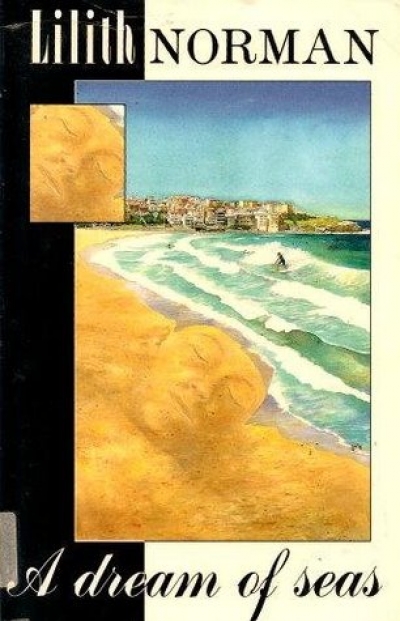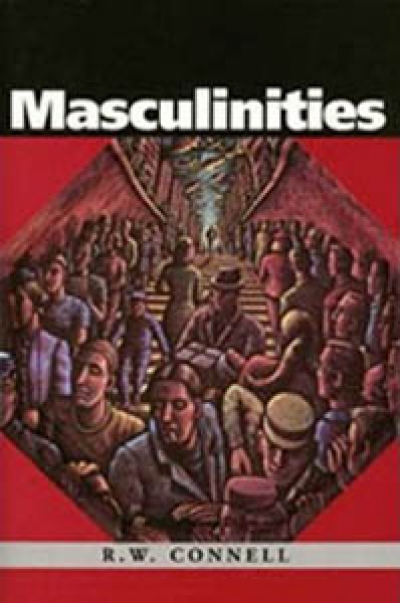Archive
Film | Theatre | Art | Opera | Music | Television | Festivals
Welcome to ABR Arts, home to some of Australia's best arts journalism. We review film, theatre, opera, music, television, art exhibitions – and more. To read ABR Arts articles in full, subscribe to ABR or take out an ABR Arts subscription. Both packages give full access to our arts reviews the moment they are published online and to our extensive arts archive.
Meanwhile, the ABR Arts e-newsletter, published every second Tuesday, will keep you up-to-date as to our recent arts reviews.
Recent reviews
A Dream of Seas by Lilith Norman & The Secret Beach by Jackie French
We are the stories we tell. We need our stories: they make us feel real. Stories give to our personal experience the particular shapes and cohesiveness we call ‘self’. When we enter into new friendships, when we fall in love, we tell our stories. The closer we draw to people, the more of our stories we are willing to risk. ‘Risk’ is always a factor. If we fall out with our closest friends, if love turns to enmity, the stories which are us may be stolen from our telling, and reshaped with malicious intent, putting at peril our cohesiveness, pressing us into despair, pushing towards the fragmentation of self we call madness. The stories which make us strong, self-confident, keep us vulnerable as well. Stories are easy to steal.
... (read more)Edge of the Sacred: Transformation in Australia by David J. Tacey
Sailing to Australia: Shipboard diaries by nineteenth-century British emigrants by Andrew Hassam
Helen Daniel: I find The Sitters very different from The Ancestor Game, which seems to me much more elaborate and complex. This new novel, which is about absence and silence, is an occasion of great economy and restraint.
Alex Miller: I think a couple of times in the book I actually say the story is my secret. In other words, I’m not going to tell you the story, I’m going to leave that out. Having left the story out, this is what’s left, which is always a kind of aim with me, and I think with any writer probably, to try to do as much as possible with as little. To leave it all out.
... (read more)I don’t make a point of skiving off to every literary festival in the country but, once in a blue moon, comes an invitation that’s hard to refuse (commerce enters into it, yet I want the heady feeling of selling a book, too). So I went to the third, and probably last, Hawthorn Writers’ Week in March. Why ‘probably last’? Read on.
... (read more)







